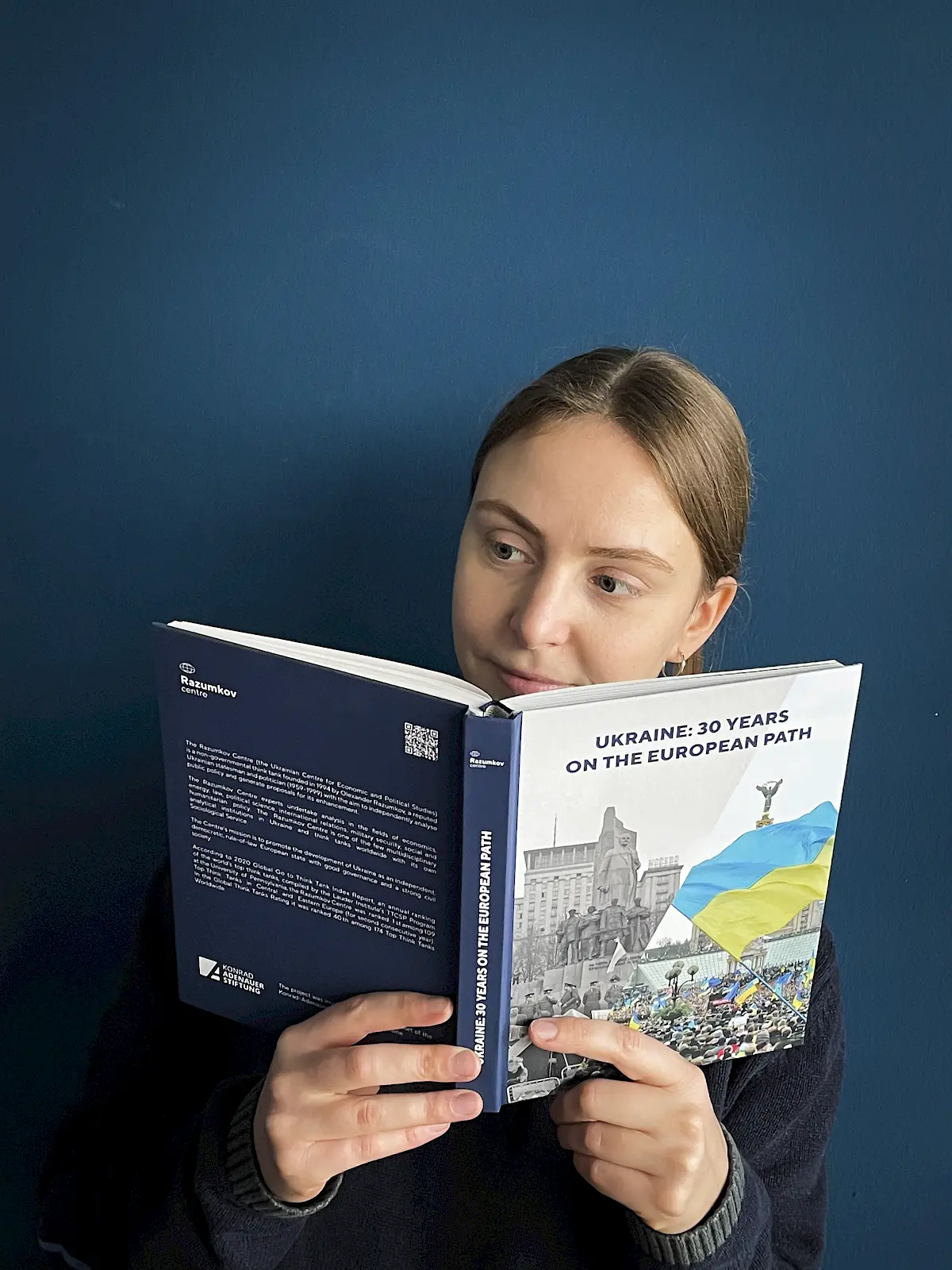Since declaring independence in 1991, Ukraine has transformed itself from a Soviet republic into a young democracy with all its strengths and weaknesses.
A dynamic party system has formed in Ukraine that allows political competition and is characterised by ideological pluralism. However, the fight against corruption is not implemented consistently enough. There is also room for improvement in civic engagement. Only ten percent of Ukrainians are currently active in this area.
Since the Euromaidan in 2014, Ukraine has taken reform steps, especially in the area of decentralisation. More than 1,400 new territorial authorities (hromadas) have been formed and endowed with new competences and their own tax revenues. The app, the "state in a smartphone", which bundles administrative services paperlessly, has given a digital boost to the relationship between the state and its citizens.
In foreign and security policy, ties to NATO and the EU have become a social consensus. At the beginning of the 2000s, respondents in surveys were equally in favour of rapprochement with Russia and with the European Union. Today, 57 percent of Ukrainians would rather see a rapprochement with the EU. Only about ten percent would like to move more in the direction of Russia. Almost 54 percent of the population also want to join NATO.
Dealing with Russian aggression in Crimea and eastern Ukraine remains a challenge. The Ukrainian side therefore repeatedly draws attention to the limited effectiveness of the Minsk Agreement.
The 22nd Ukraine Breakfast Debate took place under the title "Ukraine 30 years after independence: Long term trends and the road ahead" in cooperation with the Konrad Adenauer Foundation in Berlin. The welcoming address was given by Jan Philipp Wölbern from the Foundation. Our speakers were Yuriy Yakymenko and Oleksiy Melnyk from the Kyiv Razumkov Centre. The event was moderated by our colleague Ljudmyla Melnyk. During the event, results from a study conducted by the Razumkov Centre and funded by the Konrad Adenauer Foundation were presented.
The Ukraine Breakfast Debates take place within the framework of the project "German-Ukrainian Researchers Network" (GURN 2) and are kindly supported by the German Federal Foreign Office.
Downloads & sources
 Share publication
Share publication








